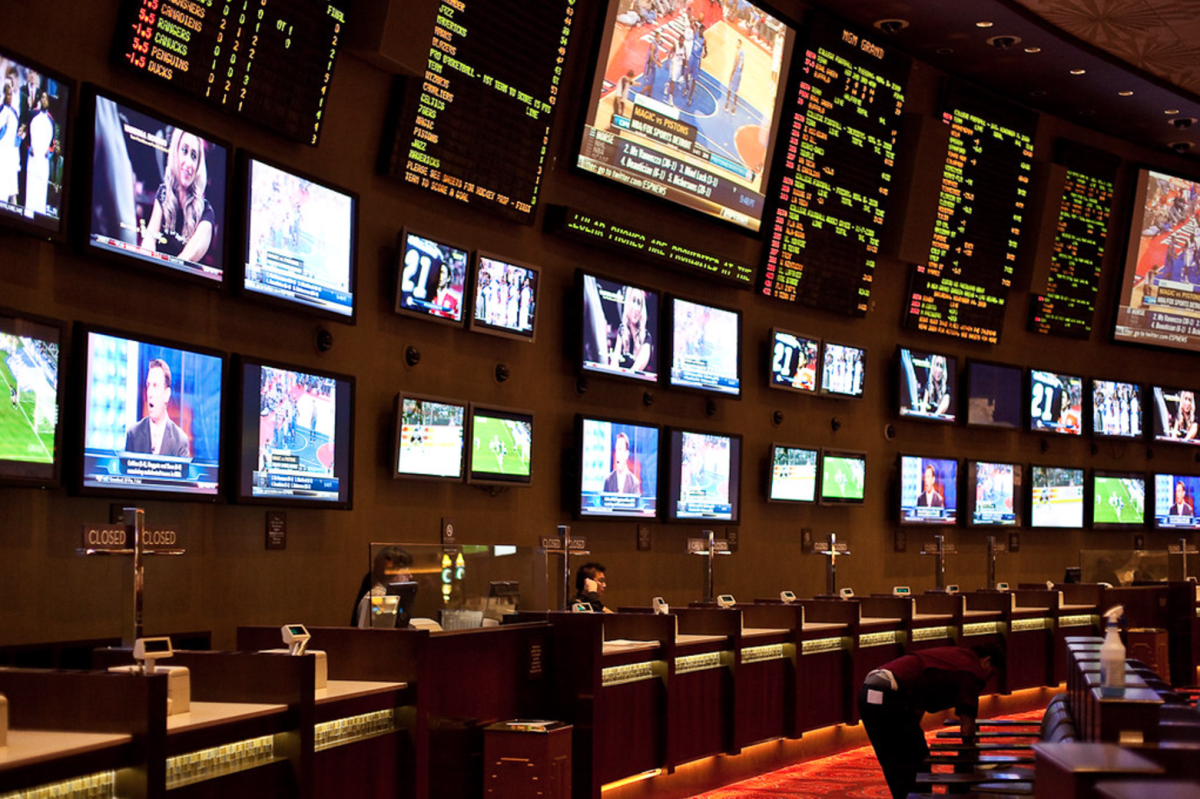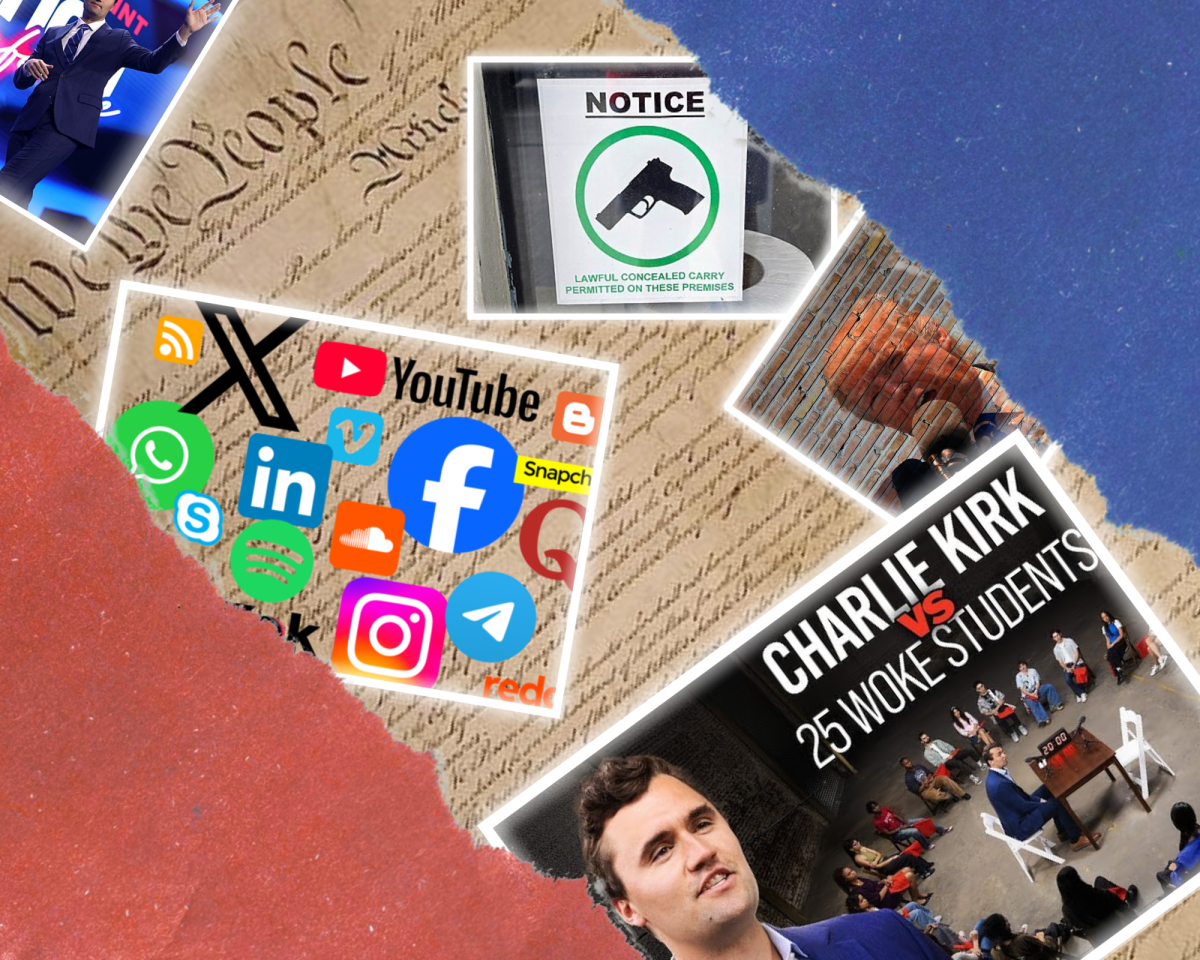Sports betting has erupted since its legalization in 2018. In June of that year, $310 million was wagered in sports betting.
In January 2024, that number was $13.9 billion.
In other words, business is booming. This absurd increase can be largely attributed to the mobilization of betting apps on smartphones. Apps like DraftKings, Fanduel, and BetMGM have put gambling — once only accessible in certain parts of the country — into the pocket of anyone who wants it.
In NBA games, sports betting is everywhere. You’ll see ads on player’s jerseys, on the court, or broadcasted by the network. Content creators whose audiences are young and easily influenced are constantly advertising and glorifying sports betting as well.
All of this marketing comes while health organizations such as DSM-5 consider gambling a behavioral addiction.
However, high-ups in these companies argue that the enormous rise in sports betting and the ethical concerns it raises are not their fault. In an interview with 60 Minutes, American Gaming Association president Bill Miller said, “I don’t believe that there is an addiction to mobile betting any more than there is an addiction to utilization of your phone for any other reason.”
Nevertheless, sports betting has proven a great move for professional leagues like the NBA. Outside of the obvious money it’s raking in, it’s made every moment of every game worth watching because there might be a parlay to hit. In fact, according to RG, “In every case bettors were far more likely to regularly watch sporting events than fans who did not bet.” Even for games between the two worst teams in the league, viewers around the country are more inclined to tune in and see if they’ll cash out on their bets.
Regulations for sports betting do exist — in Ontario, for example, celebrities and athletes are banned from sports betting advertisements, and in Italy, advertising sports betting is banned during sporting events. But let’s be real, we probably won’t see these regulations in America. The industry is just too good at making money, and if there’s anything America can’t get enough of, it’s just that.
And although sports betting is booming for the NBA right now, it will prove to be the bane of its existence.
In fact, betting has already begun to directly compromise the integrity of pro basketball. Just last year, Toronto Raptor Jontay Porter was banned from the NBA after being caught disclosing information to bettors, limiting his participation in at least one game to please bettors, and even going so far as to bet on NBA games while playing in the G-league. This instance, albeit singular, proves the risk of sports betting and leaves it unclear how many other people might be involved. Players are not above gambling addiction.
I’ve never conspired about the scripting of professional sports, but there’s no denying that history has, time and time again, proven you can put a price on anything. If sports betting continues to grow at its current rate, perhaps at some point, it will lead to a certain level of scripted games to maximize profits.
Most importantly, the ubiquity of sports betting is deteriorating the sport we all know and love. There’s now a game within the game that people are more interested in than the gorgeous dance of basketball itself.
Nobody should be watching a Lakers game praying LeBron James misses enough threes for their parlay to hit. It’s blasphemy. And because you lose more than you win when betting, sports bettors are more likely to associate watching basketball with losing bets. Addicted and exasperated, itching for their parlay to finally hit, their viewing experience won’t be fun.
The no-morals profit maximization that is sports betting will eventually ruin basketball.










